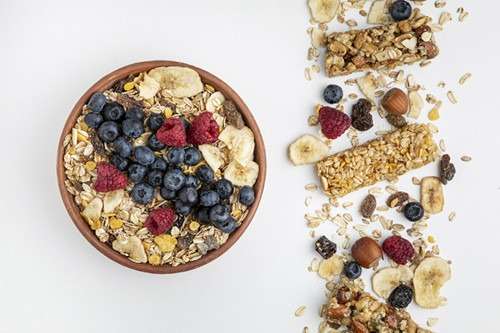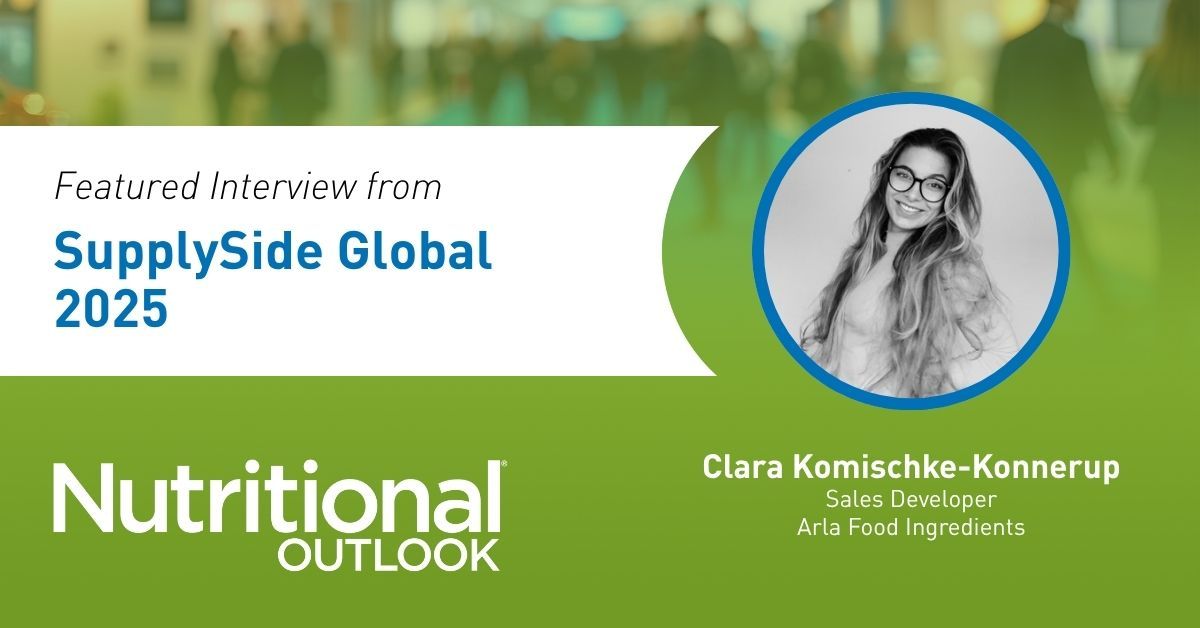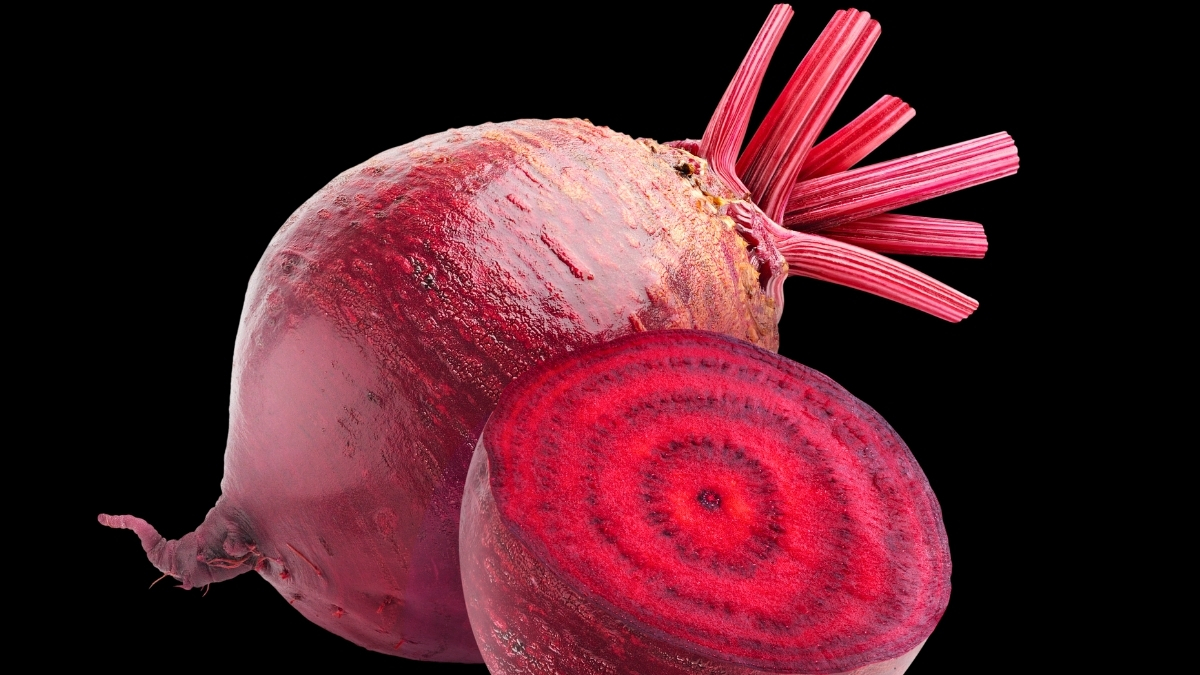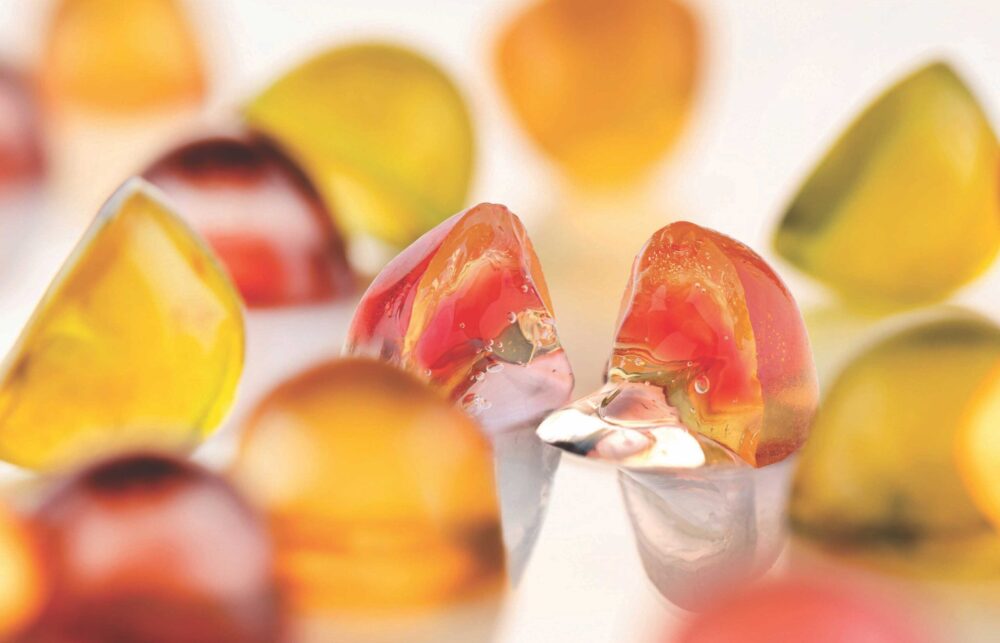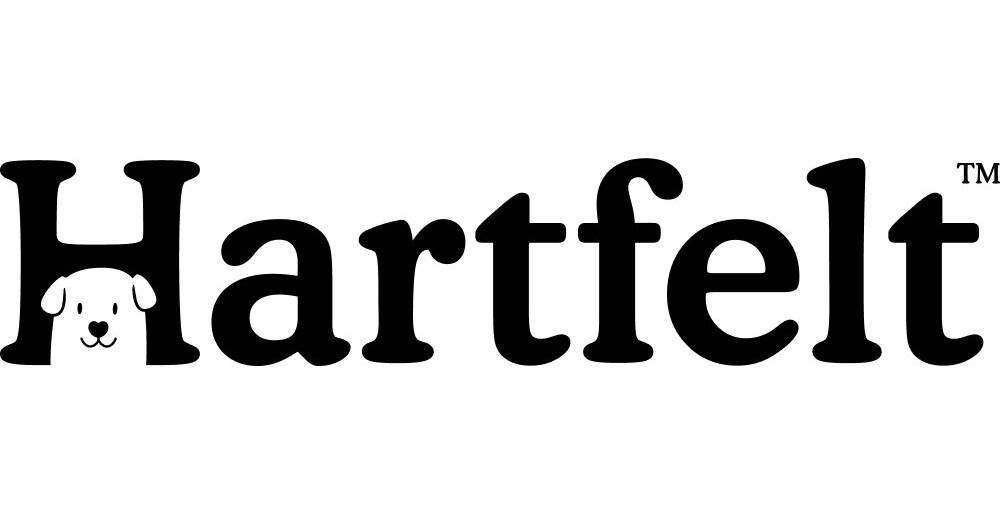Summary
China NHC issued notifications regarding the acceptance of three new foods. The applications for 4 new food additives have been received.
Details are as follows:
New food additives
S.N. Date of issue Acceptance No. Product name 1 2025-10-14 (2025)0089 Vitamin E (dl—tocopherol, d—t…
Source: CIRS Group

AI News Q&A (Free Content)
Q1: What are the health implications of using Naringin as a food additive, and how is it metabolized in the human body?
A1: Naringin is a flavonoid glycoside found in citrus fruits such as grapefruit, known for its bitter taste. It is metabolized in humans to naringenin, which is not bitter. Naringin's health implications include its potential to interact with certain medications, leading to increased drug toxicity. Therefore, it is advisable for individuals on specific medications to consult healthcare providers before consuming products containing naringin.
Q2: How do Steviol Glycosides compare to traditional sweeteners in terms of health benefits and safety?
A2: Steviol glycosides, derived from the Stevia plant, are significantly sweeter than sugar and are used as non-caloric sweeteners. Unlike sugar, they do not induce a glycemic response, making them safe for diabetics. The acceptable daily intake is set at 4 mg/kg body weight/day, and they are recognized as safe by several regulatory bodies. However, their legal status as a food additive varies globally.
Q3: What role do human milk oligosaccharides (HMOs) play in infant nutrition, and can 6-Sialyllactose be considered beneficial as a food additive for infants?
A3: Human milk oligosaccharides, such as 6-Sialyllactose, are crucial in promoting infant immune system development and cognitive growth. They selectively stimulate beneficial gut bacteria, playing a vital role in the infant's gut health. As food additives, their use in infant formulas aims to mimic these natural benefits, although further research is necessary to fully understand their long-term impacts.
Q4: Why is there a growing interest in the safety assessment of synthetic food additives, and what are the recent findings on their health effects?
A4: Concerns about synthetic food additives arise from studies linking them to potential health risks like behavioral disorders and metabolic issues. Recent research emphasizes the need for cautious use, as some additives are linked to increased cancer risks and cardiovascular diseases. Regulatory bodies continue to evaluate these findings to update safety guidelines for consumer protection.
Q5: What regulations govern the approval of new food additives in China, and how does the NHC ensure their safety?
A5: In China, food additives, including new ones, must be approved by the National Health Commission (NHC) under the national food additive standard GB2760. The NHC evaluates safety data and requires pre-market approval for additives lacking a consumption history in China. This process ensures that only safe and compliant additives enter the market.
Q6: How do artificial food additives impact gut health, and what measures are taken to mitigate potential risks?
A6: The impact of artificial food additives on gut health is a topic of ongoing research. While most FDA-approved additives are deemed safe, concerns persist about their long-term effects. Studies suggest potential links to gut microbiota disruptions, but comprehensive evidence is lacking. Regulatory agencies emphasize adherence to approved usage levels to mitigate risks.
Q7: What are the latest developments regarding food additives in China, specifically regarding their potential use and restrictions?
A7: China's NHC has recently approved several new food additives and imposed restrictions to protect vulnerable groups. For instance, D-Allulose, a low-calorie sugar, is approved with consumption restrictions for infants and pregnant women. This reflects a cautious approach to integrating new additives while ensuring consumer safety.

